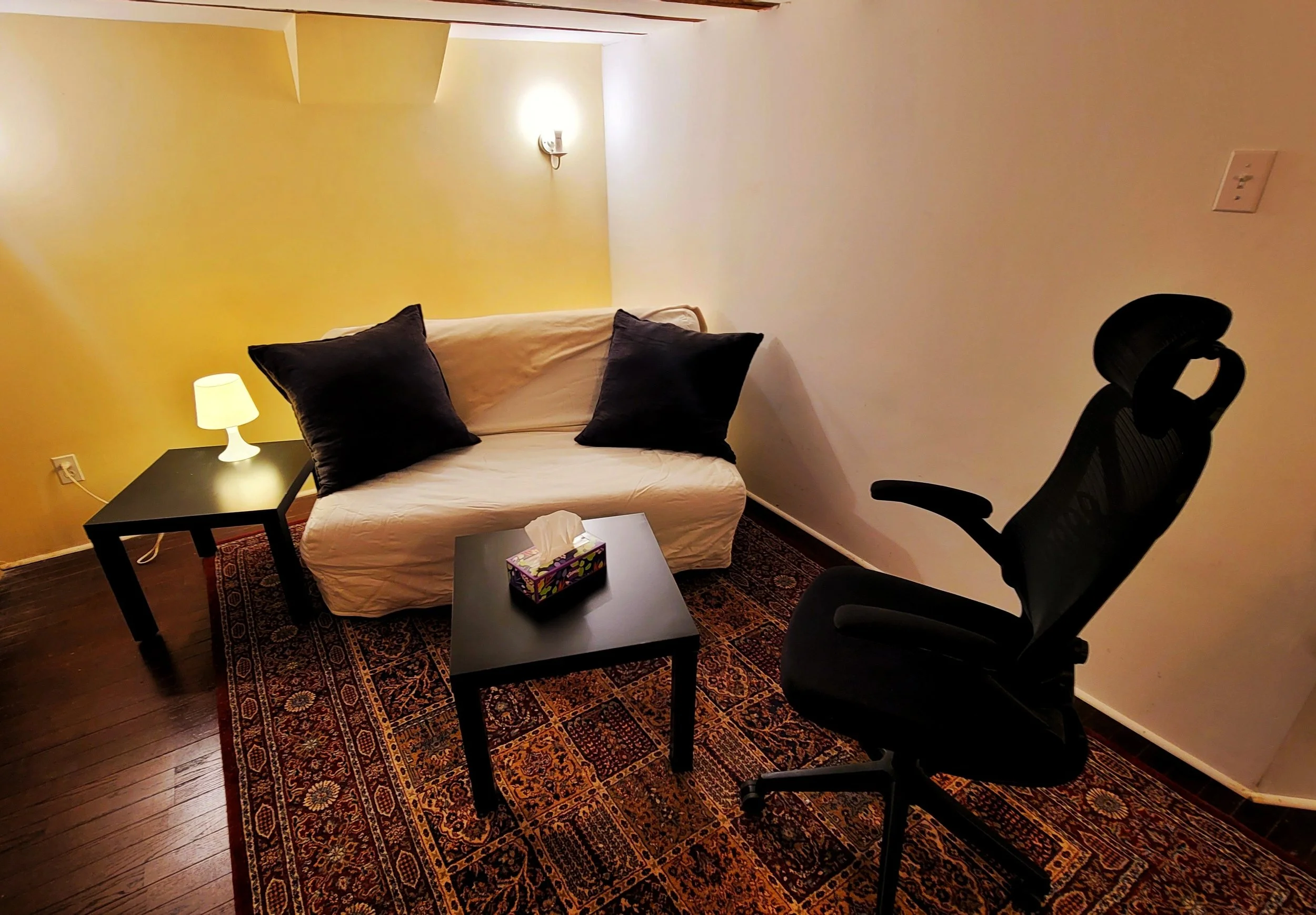The Benefits of Renting vs. Owning Office Space for Private Practice Therapists
Pros and cons of flexible rentals compared to long-term leases or ownership
Establishing a private practice in Toronto involves many decisions, with office space being a significant one. Choosing between renting and owning affects your finances, flexibility, and the environment you provide for clients. Let’s explore the advantages and disadvantages of both options, helping you make an informed choice that aligns with your professional goals.
Renting Office Space: Flexibility and Lower Overhead
Among other benefits, renting offers high adaptability, which is especially beneficial for therapists starting out or those valuing flexibility.
Advantages of Renting
1. Lower Initial Costs. Renting a therapy office in Toronto typically requires less upfront investment compared to purchasing. This allows you to allocate funds to other areas of your practice.
2. Flexibility in Commitment. Options like hourly therapy offices or part-time therapy offices enable you to adjust your schedule based on client demand. This is particularly useful when building your client base.
3. Access to Amenities. Most rented spaces come with amenities such as waiting areas, bathrooms, internet, and cleaning services. This reduces the burden of managing these aspects yourself.
4. Professional Environment. Renting in a shared therapy office or wellness centre provides a professional setting, enhancing client comfort and trust.
5. Networking Opportunities. Being in a space with other professionals can lead to referrals and opportunities for collaboration.
Disadvantages of Renting
1. Lack of Equity. Monthly rent payments do not contribute to building equity in a property.
2. Limited Customization. Rental agreements may restrict the extent to which you can modify the space to suit your preferences.
Owning Office Space: Long-Term Investment and Control
Owning a private practice office offers stability and the potential for financial growth but comes with greater responsibility.
Advantages of Owning
1. Building Equity. Mortgage payments contribute to owning an asset that may appreciate over time.
2. Control Over the Space. Ownership allows you to customize the office to meet your specific needs and preferences.
3. Stability. Owning eliminates concerns about lease renewals or rent increases, providing long-term security.
4. Potential Rental Income. If you have additional space, you can rent it out to other professionals, generating extra income.
Disadvantages of Owning
1. High Initial Investment. Purchasing property requires a significant upfront financial commitment, including a down payment, a mortgage interest, and closing costs.
2. Maintenance Responsibilities. As an owner, you're responsible for all maintenance and repairs, which can be time-consuming and costly.
3. Reduced Flexibility. Selling or relocating can be more complex and time-consuming compared to ending a rental agreement.
Making the Right Choice for Your Practice
Deciding between renting and owning depends on your current circumstances and long-term goals.
Consider Renting If:
You're starting your practice and want to minimize initial costs.
You value flexibility in your schedule and location.
You prefer to focus on client care without the responsibilities of property management.
Consider Owning If:
You have a large stable client base and plan to stay in the same location long-term.
You're ready to invest in a property and handle the associated responsibilities.
You desire full control over your office environment.
In Toronto, various options are available to suit different needs. Whether you opt for a flexible therapy office rental or decide to invest in your own space, the key is to choose what aligns best with your professional objectives and personal preferences.
Check out our renting options for more information about our offers.
